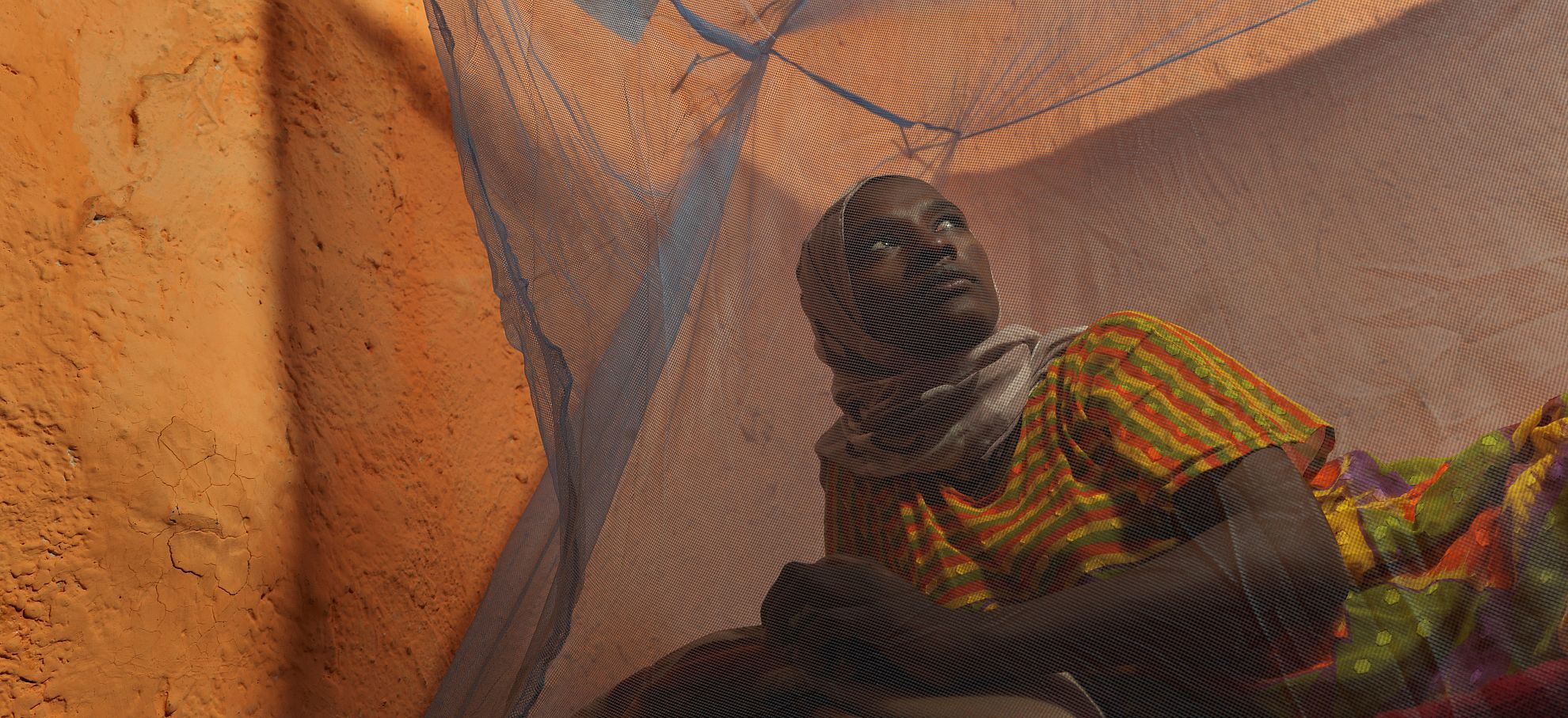
Mosquitoes – the devastating impact on global health
20 August 2020On World Mosquito Day, Malaria Consortium calls for the international community to reflect on the devasting impact the mosquito has on global health. In 2018, there were over 228 million malaria cases throughout the world and a global death toll of 405,000. But mosquitoes are responsible for transmitting more than just malaria – from zika virus to yellow fever, dengue, chikungunya, Japanese encephalitis and many more – collectively adding another 500 million cases of people burdened with febrile disease each year.
Worryingly, this trend may be set to continue or even increase. Changes in the earth’s climate is altering the transmission of vector-borne diseases and putting control and elimination efforts at risk all over the world. The World Health Organization (WHO) estimated that climate change may cause an additional 60,000 malaria deaths between 2030 and 2050 even when accounting for economic growth and health progress. It also projects that about 5 percent of the global malaria cases, or 21 million cases, would be attributable to climate change in 2030.
In the Asia Pacific, where countries are targeting malaria elimination by 2030, the effects of climate change pose a significant threat to this goal. Using malaria to tell the narrative, the Asia Pacific Leaders Malaria Alliance (APLMA) and Asia Pacific Malaria Elimination Network (APMEN), have published a thematic brief, Climate Change: A Threat to Malaria Elimination – Is Asia Pacific Prepared? Malaria Consortium contributed to this piece of work alongside TDR, the Special Programme for Research and Training in Tropical Diseases.
The brief highlights the link between climate change and vector-borne diseases (VBDs), outlining the vulnerability of countries in the region to climate change, the main challenges and how some countries are dealing with these challenges. The brief also includes a list of resources that countries can benefit from in planning their response and lists key actions that policymakers and the public health community can consider in addressing the impact of a changing climate on VBDs.
As a leading technical organisation specialising in the prevention, control and treatment of malaria and other communicable diseases, Malaria Consortium recognises that climate change has the potential to affect health and disease outcomes for people across the countries in which they work.
In June this year, Malaria Consortium published it’s own position statement, Adapting to minimise the health impacts of climatic change – an opinion paper exploring the impact climate change could have on global health. It outlines some of the anticipated threats to the incidence, transmission and of infectious diseases and how responses to climate-related risk can be incorporated into programmes.
This paper is part of Malaria Consortium’s Future Health series, in which the organisation is using its expertise and experience of running health intervention programmes around the world to share its opinions on some of the biggest threats and developments in global health.
Latest news
- International summit calls for AMR accountability in public health interventions21st March 2024
- Global SMC community celebrates new milestone at SMC Alliance Annual Meeting in Nigeria6th March 2024
- Scaling up key interventions could halve pneumonia-related childhood mortality13th February 2024
- Malaria Consortium and eGov Foundation join Mozambique’s national malaria programme to digitalise seasonal malaria chemoprevention campaigns8th February 2024
- World’s first malaria vaccine rollout launched in Cameroon22nd January 2024
- Digital solutions driving equitable access to health6th December 2023